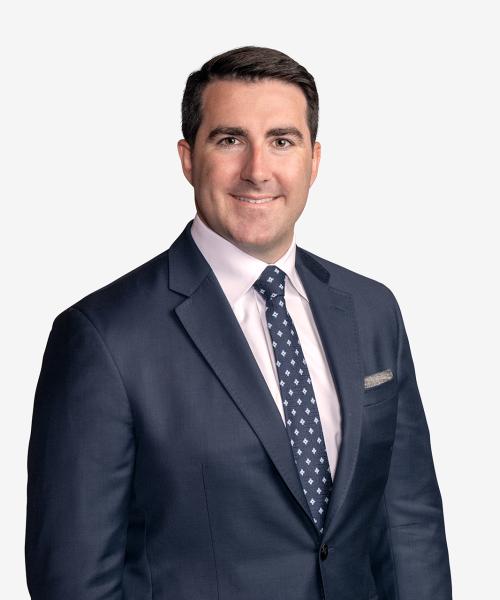Friday Enforcement Wrap: Granston Cautions Against Use of Excessive Discovery to Obtain Dismissal
DOJ News
Granston Cautions Against Use of Excessive Discovery to Obtain Dismissal
Michael Granston, director of the DOJ’s civil fraud section and the author of the January 2018 memo laying out factors for the government’s use of Section 3730(c)(2)(A) of the False Claims Act to seek dismissal of whistleblower lawsuits, was the keynote speaker at the Federal Bar Association’s FCA conference in Washington, DC last Friday. During his speech, he warned that tactics like pursuing excessive discovery in order to make the litigation seem costly and burdensome would not lead the government to dismiss.
Granston emphasized that conserving government resources is only one factor in evaluating a potential dismissal. “Just because a case may impose substantial discovery obligations on the government does not necessarily mean it is a candidate for dismissal,” Granston stated. “Defendants should be on notice that pursuing undue or excessive discovery will not constitute a successful strategy for getting the government to exercise its dismissal authority ... The government has, and will use, other mechanisms for responding to such discovery tactics.”
US Reclaims $25 Million for Corrupt Acts by Subcontractor in Afghanistan
An Afghan-owned subcontractor of the US government will forfeit approximately $25 million to resolve a civil forfeiture case, a criminal case, and FCA allegations. Hikmat Shadman Logistics Services Company (and related entities) transported fuel and other supplies by truck to US service members across Afghanistan.
According to documents filed in the civil forfeiture case, a government investigation uncovered thousands of falsified documents submitted to the government, resulting in payment for work never performed or work not reflected in the documents. The company also allegedly inflated prices that it charged the US The company separately plead guilty to a criminal information charging it with two counts of paying gratuities to two US service members in Afghanistan and one count of conspiracy to influence the award of subcontracts. In addition, $1.5 million of the $25 million forfeiture will go towards resolving FCA allegations arising from kickbacks paid to obtain transport subcontracts.
The investigation was a coordinated effort by the Special Inspector General for Afghanistan Reconstruction (SIGAR), along with the FBI, DCIS, the US Army Major Procurement Fraud Unit, and the US Air Force Office of Special Investigations. The criminal case was prosecuted by the MLARS International Unit and the US Attorney’s Office for the Eastern District of North Carolina, and the False Claims Act investigation was handled by DOJ’s Civil Fraud Section and the US Attorney’s Office for the District of Columbia.
Commenting on the case, Assistant Attorney General Jody Hunt of the DOJ’s Civil Division stated, “we will continue to ensure that companies and individuals who contract directly or indirectly with the federal government do not engage in fraudulent business practices at the expense of our nation’s military and the American taxpayer.”
The DOJ press release is here.
Litigation Developments
Florida Federal Judge Backs Magistrate’s Dismissal of $70 Million FCA Claim
Judge Beth Bloom of the Southern District of Florida affirmed a magistrate judge’s dismissal of FCA allegations against compounding pharmacy Diabetic Care Rx LLC d/b/a Patient Care America and private equity fund owner Riordan Lewis & Haden Inc. The complaint alleges that the defendants paid kickbacks to marketers to help recruit Tricare beneficiaries to solicit unnecessary prescriptions. The magistrate judge, on defendants’ motion to dismiss, held that the government failed to state an FCA allegation under an express or implied certification theory.
Judge Bloom agreed that the government failed to allege an express certification theory because there was no certification of compliance made “in connection with any of the representative claims provided.” She also found the implied certification allegations were deficient because the government failed to allege the specific representations about each claim that were misleading, including the date of service, the patient on whose behalf payment was being sought, the prescribing provider, and individual ingredients contained in the compounded drug. She concluded that merely pleading ineligibility for Tricare alone is insufficient to state a claim under the FCA.
See U.S. ex rel. Medrano and Lopez v. Diabetic Care Rx LLC et al., case number 0:15-cv-62617, in the U.S. District Court for the Southern District of Florida.
Contacts
- Related Industries
- Related Practices
-
Read Time
3Minutes





